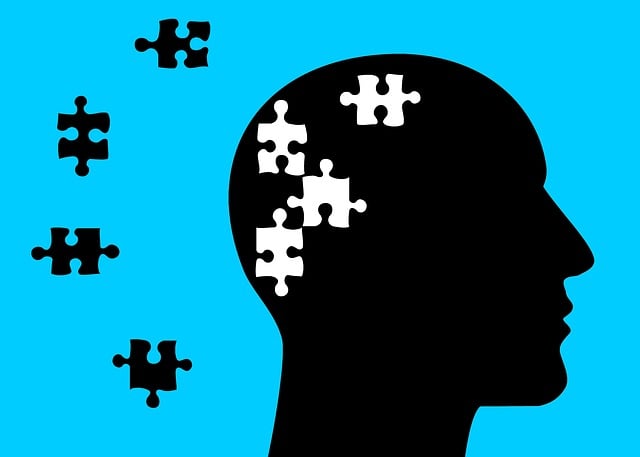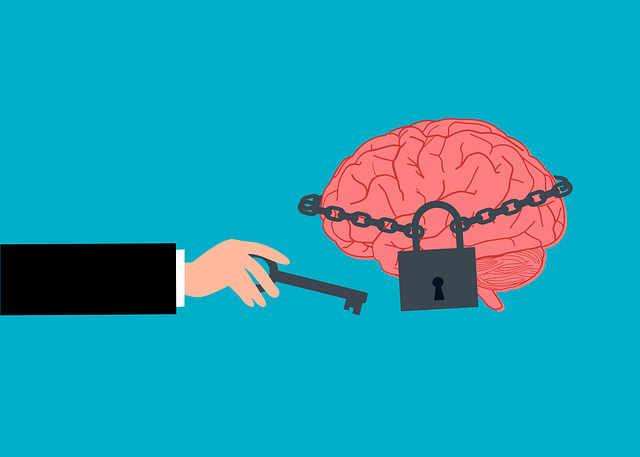Mental wellness journaling integrated with Acceptance and Commitment Therapy (ACT) is a powerful tool for children, promoting emotional well-being by fostering self-awareness, coping skills, and resilience. This approach, which encourages reflection through journaling prompts, helps kids understand their behaviors, triggers, and emotions, leading to improved self-esteem and communication strategies. By combining journaling with ACT's mindfulness and self-acceptance principles, children gain confidence in managing life's challenges, reducing stigma around mental health issues, and fostering positive connections with others. Regular practice enhances emotional regulation skills, tracks progress, and celebrates milestones, making it an invaluable asset for navigating their mental wellness journey.
Mental wellness journaling is a powerful tool for children, offering a creative outlet to explore emotions and thoughts. This article guides parents and educators through effective practices, focusing on Acceptance and Commitment Therapy (ACT), to foster mental resilience in young minds. We’ll cover strategies for creating a safe space, encouraging self-expression, and tracking progress. By implementing these techniques, children can develop healthy coping mechanisms and improve their overall well-being, benefiting from the therapeutic effects of ACT tailored to their age.
- Understanding Mental Wellness Journaling for Children
- The Role of Acceptance and Commitment Therapy (ACT) in Journaling
- Creating a Supportive Environment for Young Authors
- Tracking Progress and Celebrating Milestones
Understanding Mental Wellness Journaling for Children

Mental wellness journaling can be a powerful tool for children to explore and express their emotions, thoughts, and experiences. This practice, often integrated with therapy techniques like Acceptance and Commitment Therapy (ACT), encourages kids to develop self-awareness and coping skills. Through regular writing, children can learn to accept their feelings without judgment, fostering a sense of emotional resilience.
Journaling sessions can also serve as a safe space for them to experiment with communication strategies and conflict resolution techniques. By documenting their days, challenges, and victories, kids gain insights into their behaviors and triggers, enabling self-esteem improvement and better understanding of themselves and others. This simple yet profound practice equips them with valuable tools to navigate life’s ups and downs with growing confidence and adaptability.
The Role of Acceptance and Commitment Therapy (ACT) in Journaling

Journaling is a powerful tool that can be enhanced by incorporating principles from Acceptance and Commitment Therapy (ACT). ACT is a therapy for children and adults alike, focusing on emotional regulation and inner strength development through mindfulness practices. By encouraging individuals to observe their thoughts and feelings without judgment, ACT promotes a sense of detachment from negative emotions, allowing people to make meaningful choices aligned with their values.
In the context of journaling, this means fostering self-awareness by reflecting on daily experiences and emotions. Journal prompts that encourage users to explore their thoughts, accept their feelings, and identify values can facilitate emotional regulation. Over time, this practice strengthens inner resilience and promotes positive behavior changes. Additionally, ACT’s emphasis on empathy building strategies can enhance journaling by encouraging individuals to consider different perspectives, fostering understanding and connection with others.
Creating a Supportive Environment for Young Authors

Creating a supportive environment is essential when introducing mental wellness journaling to young authors. This practice can help reduce the stigma associated with mental illness among children and adolescents. By framing therapy as an explorative, creative process, kids may be more willing to open up about their feelings and experiences. Encouraging self-expression through writing allows them to develop coping mechanisms tailored to their unique needs, fostering a sense of agency over their emotional well-being.
Incorporating evidence-based approaches like Acceptance and Commitment Therapy (ACT) can further benefit young authors. ACT teaches individuals to accept negative thoughts and emotions without judgment, focusing on values-driven actions. This technique empowers children to navigate challenges with resilience and flexibly, promoting overall mental wellness. Moreover, it’s crucial for mental health professionals to conduct thorough risk assessments, ensuring a safe and structured journaling experience that accommodates individual differences and contributes to stigma reduction efforts.
Tracking Progress and Celebrating Milestones

Journaling is a powerful tool for tracking progress and celebrating milestones in one’s mental wellness journey. As children engage in this practice, they learn to reflect on their emotions and behaviors, fostering emotional regulation skills essential for their overall well-being. By regularly documenting thoughts and feelings, young individuals can identify patterns, triggers, and coping mechanisms that work best for them, aligning with the principles of Acceptance and Commitment Therapy (ACT).
Through journaling, children develop a deeper understanding of their mental health and learn to set achievable goals. Celebrating milestones achieved along this journey reinforces positive thinking and encourages resilience. It allows them to recognize their progress, no matter how small, and provides tangible evidence of their emotional well-being promotion techniques, ultimately boosting their self-esteem and confidence in managing their mental wellness proactively.
Mental wellness journaling can be a powerful tool for children, offering a creative outlet for expression and a means to cultivate resilience. By incorporating principles from Acceptance and Commitment Therapy (ACT), parents and caregivers can foster an environment that supports open dialogue and encourages children to embrace their experiences. Through regular practice, this simple yet effective method helps track progress, celebrate achievements, and ultimately improve mental wellness in young minds.














